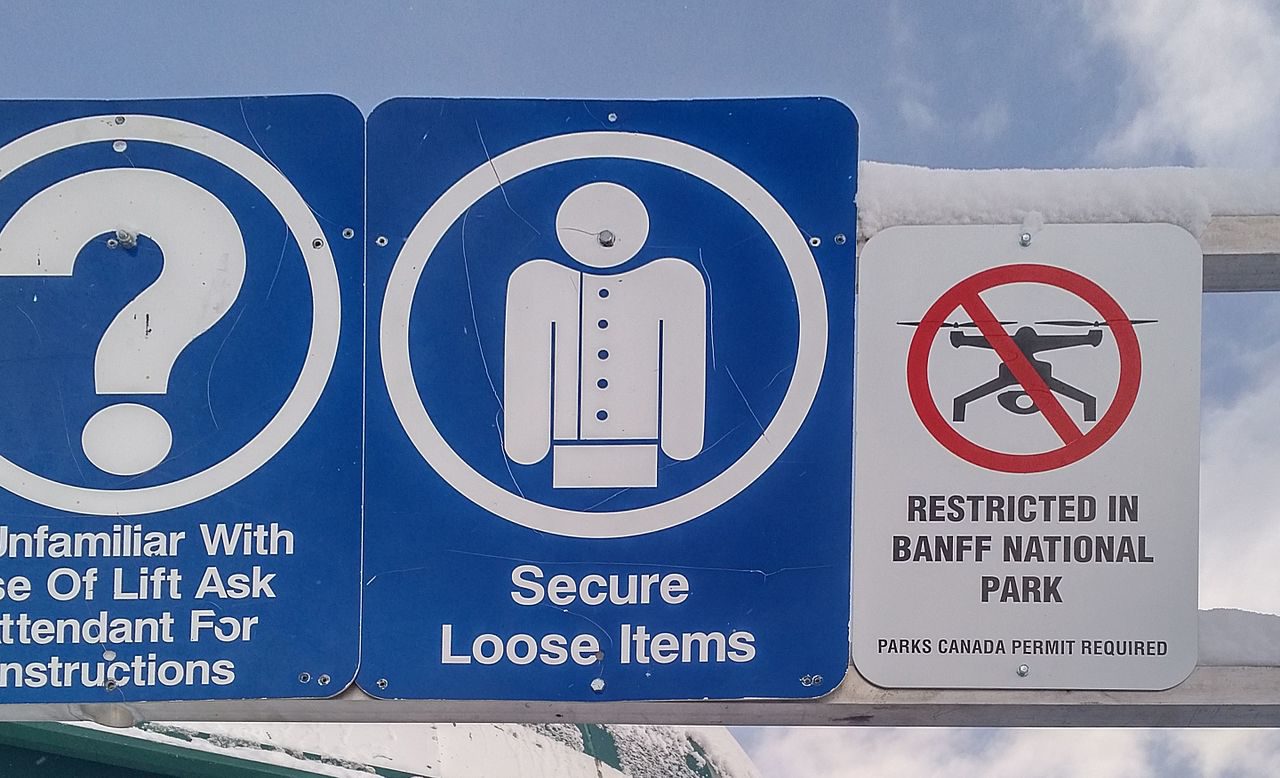Currently, reporters using drones are covered by commercial drone-user regulations, which are slightly more stringent than recreational drone rules.
By Mitchell Thompson
College of North Atlantic journalism instructor Jeff Ducharme sees forthcoming Transport Canada drone regulations changing how journalists use drones significantly—and maybe for the better.
Currently, reporters using drones are covered by commercial drone-user regulations, which are slightly more stringent than recreational drone rules.
For recreational users, no certificate is required so long as the drone weighs less than 35 kilograms and is flown safely, according to Transport Canada. That currently means not flying higher than 90 metres, within 75 metres of objects (including buildings and people), 500 metres of other drone flyers, at night or during overcast days and not flying without your name, address and phone number marked on the drone itself, among other rules. For journalists and other commercial drone users, all that and more applies. Commercial drone users must abide by similar rules and must receive a Special Flight Operation Certificate if the drone weighs more than two kilograms.
“An SFOC, for a spot news event or a story, is prohibitive as it takes two weeks to get approval” for each and every time a drone is used, said Ducharme. From there, Transport Canada lays out “when and how the (drone) may be operated,” on a case by case basis, according to the Georgia Straight.
Aaron McCrorie, director of civil aviation at Transport Canada told Global News “commercial drones tend to be more tightly regulated (but) really when you look at risk, what you’re doing doesn’t matter as much as where you’re operating and what size of device that you’re operating.”
Ducharme said with the new federal drone rules expected to come in 2018, “the distinction between commercial and recreational is going away.” Ducharme said it will be replaced by a knowledge test for mid-sized drones like a driver’s license.
Additionally, he expects the new rules will obligate flyers to get liability insurance but said “how much liability insurance is unknown.” On the whole, he said the new rules are expected to create “a system where, if you want to fly a drone, you will be expected to know basic information about how drones work and how the law works and take this test and have some insurance,” regardless of what the drone is being used for.
Ducharme expects the new rules should be drafted by this summer and that what has been put forward by Transport Canada and experts in the field thus far are “common sense reforms” to level the playing field. “Whether you are commercial or recreational you will be expected to fly under the same regulations with the same knowledge,” he said.
Mitchell Thompson is a third-year journalism student at Ryerson. He is also the ideas co-editor for Folio and a contributor at Disinformation. He has previously written for Rabble, Canadian Dimension, Dissident Voice and others.

